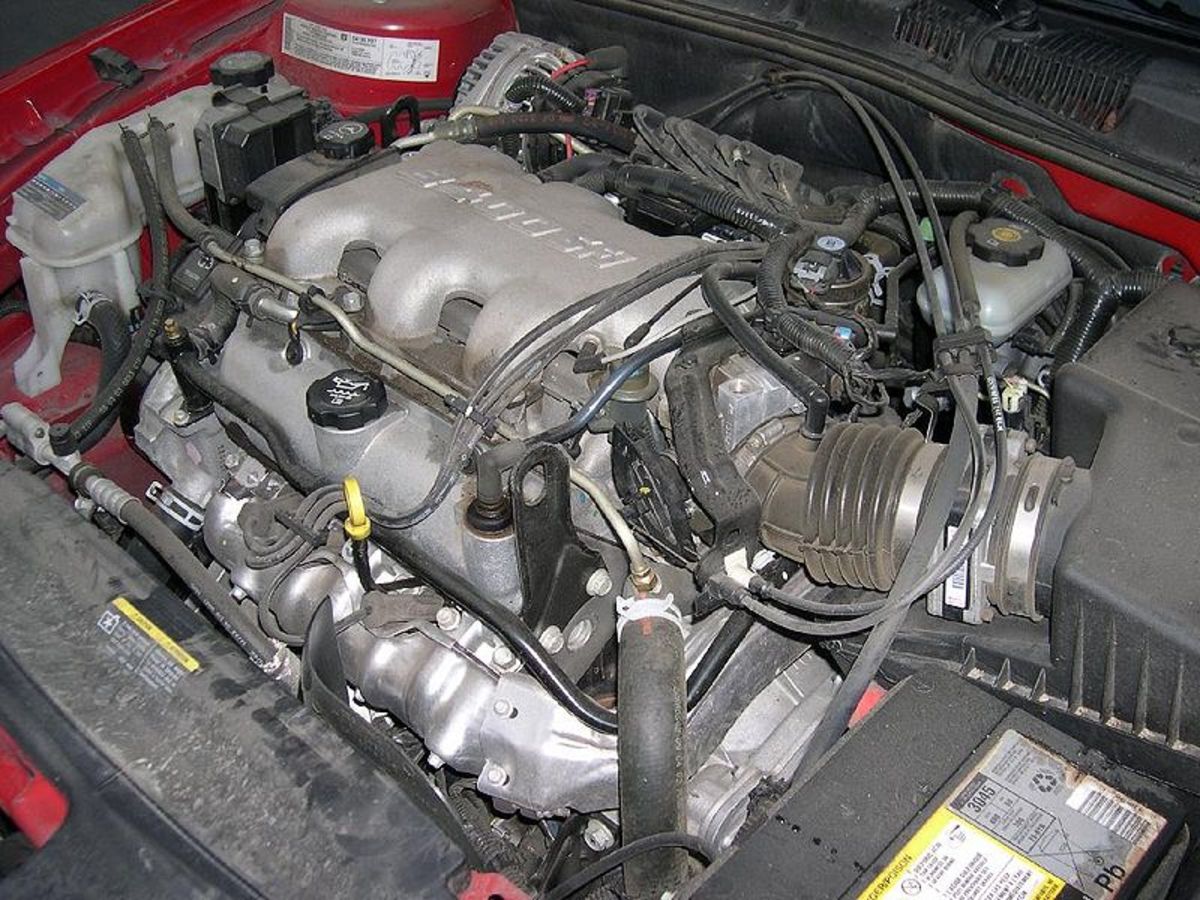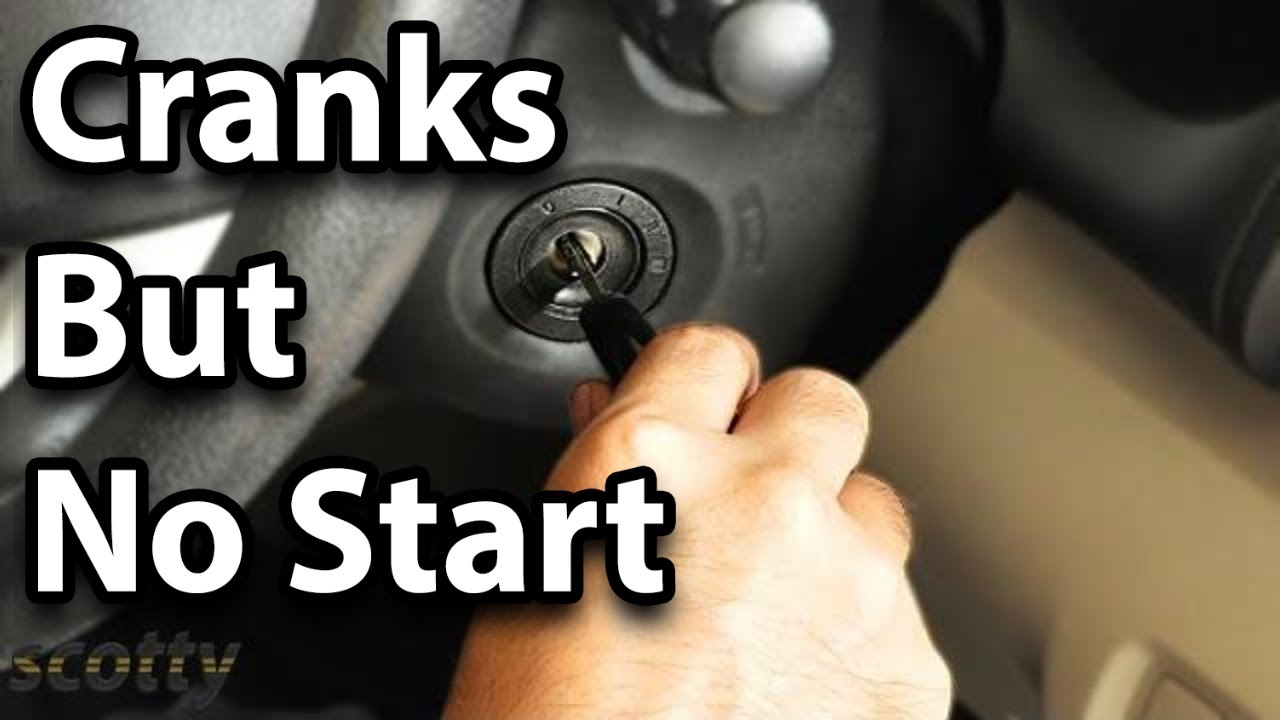A car that turns over but won’t start may indicate problems with the fuel or ignition system. To troubleshoot, check the fuel pump, spark plugs, and ignition coil for any issues.
If necessary, consult a professional mechanic for further inspection and repair.

Credit: axleaddict.com
Battery And Starter Issues
Car turning over but not starting is often a sign of battery or starter issues. A weak or dead battery can prevent the engine from getting enough power to start. In such cases, you may hear a clicking sound or see dim lights.
On the other hand, a faulty starter motor can cause similar symptoms. This component is responsible for turning the engine when you turn the ignition key. If the starter motor fails to function properly, the engine won’t start. To determine the exact cause, it is advisable to check the battery voltage and condition first.
If the battery is fine, then the starter motor might need to be inspected or replaced. Consulting a professional mechanic is recommended to diagnose and fix the problem accurately.
Fuel System Problems
Car turns over but won’t start due to fuel system problems. One common issue is an empty fuel tank. Another problem is a clogged fuel filter. These issues can prevent fuel from reaching the engine, causing starting problems. To fix an empty fuel tank, simply add fuel.
In the case of a clogged fuel filter, it may need to be replaced to allow fuel to flow freely. Regular maintenance and inspection of the fuel system can help prevent these problems. Make sure to check the fuel level before troubleshooting other components.
If the issue persists, it may be necessary to consult a professional mechanic to diagnose and repair the fuel system.
Ignition System Malfunctions
Car turning over but not starting is often caused by malfunctions in the ignition system. One possible issue may be faulty spark plugs, which can prevent proper combustion. Another potential culprit could be failed ignition coils, which are crucial for generating the electrical spark needed to ignite the fuel.
These problems can disrupt the entire ignition process, leading to a car that refuses to start. If your car has been experiencing these symptoms, it is recommended to have a professional mechanic diagnose and fix the issue. They will be able to identify the specific problem in your ignition system and provide a solution to get your car up and running again.
Avoiding delays in addressing these malfunctions is key to avoiding inconvenient breakdowns and ensuring the longevity of your vehicle.
Conclusion
It can be frustrating when your car won’t start, even if it turns over. However, with the right troubleshooting techniques, you can get to the bottom of the issue and get your car back on the road. Start by checking the battery connections and ensuring they are clean and secure.
If the battery is in good condition, inspect the fuel system for any blockages or issues. It’s also worth investigating the ignition system, such as spark plugs and ignition coils. Don’t overlook the possibility of a faulty starter motor or a problem with the engine itself.
Taking the time to diagnose the problem correctly can save you time and money in the long run. Remember to consult a professional if needed, as they have the expertise to handle more complex issues. Keep calm, be patient, and you’ll be back behind the wheel in no time.

